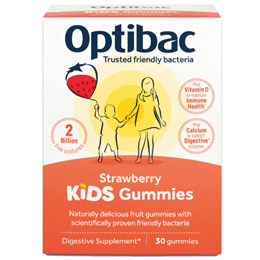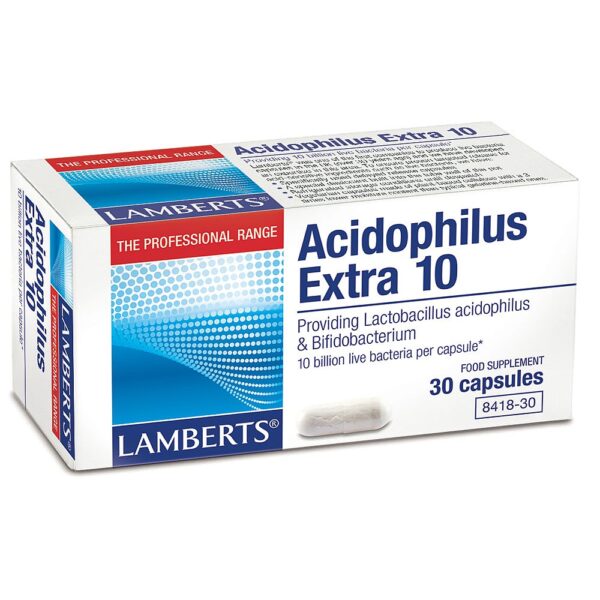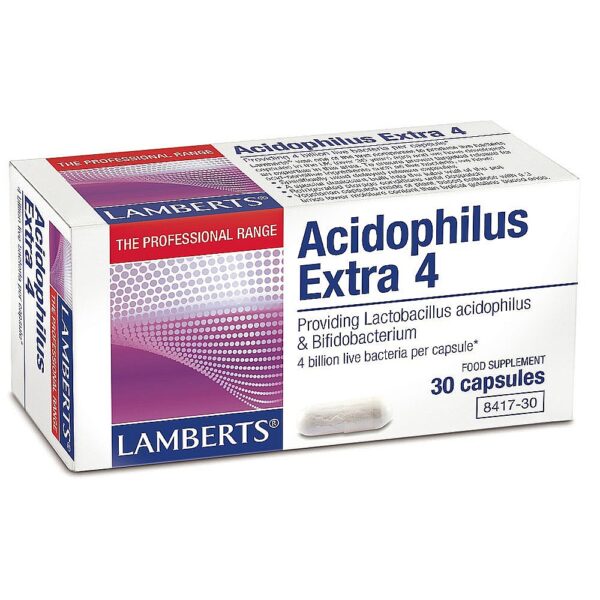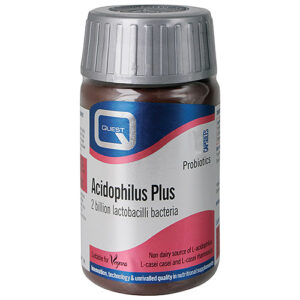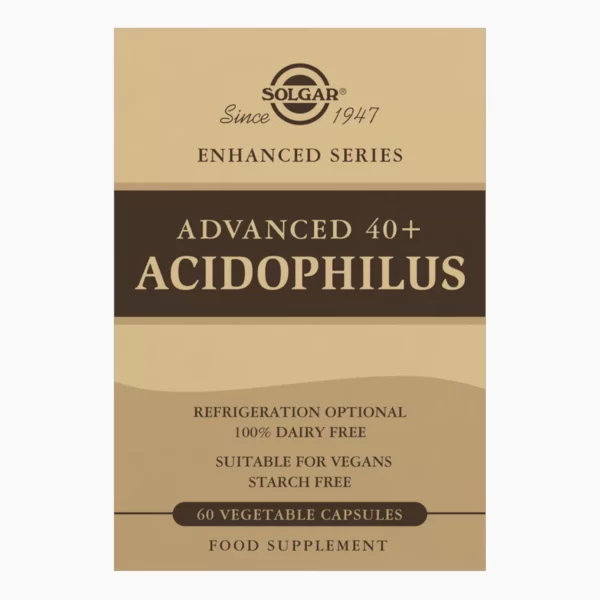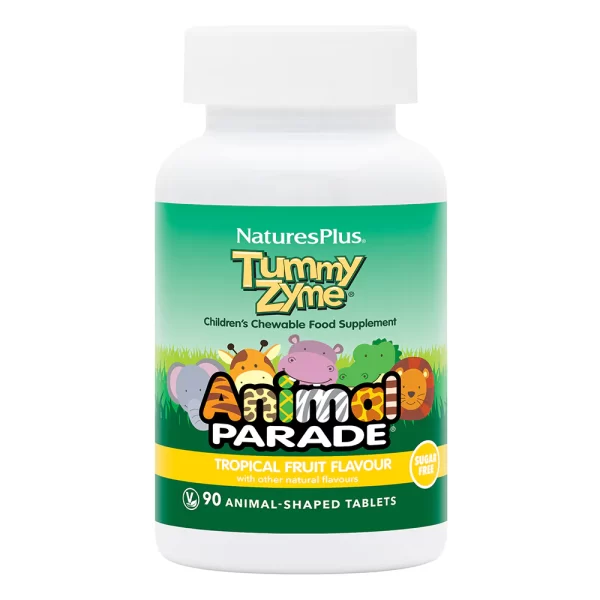Probiotics are live microorganisms intended to provide health benefits when consumed, generally by improving or restoring the gut flora.[1][2][3][4] Probiotics are considered generally safe to consume, but may cause bacteria-host interactions and unwanted side effects in rare cases.[5][6][7]
The original theory, similar to the modern concept, but not the term, is generally attributed to Nobel laureate Élie Metchnikoff, who postulated that yoghurt-consuming Bulgarian peasants lived longer lives because of that custom.[8] In 1907, he wrote: “[T]he dependence of the intestinal microbes on the food makes it possible to adopt measures to modify the microbiota in our bodies[,] and to replace the harmful microbes by useful microbes.”[9]
A growing probiotics market has led to the need for stricter requirements for scientific substantiation of putative benefits conferred by microorganisms claimed to be probiotic.[3] Although there are numerous claimed benefits marketed towards using consumer probiotic products, such as reducing gastrointestinal discomfort, improving immune health, relieving constipation, or avoiding the common cold, such claims are not supported by scientific evidence,[3][10][11] and are prohibited as deceptive advertising





